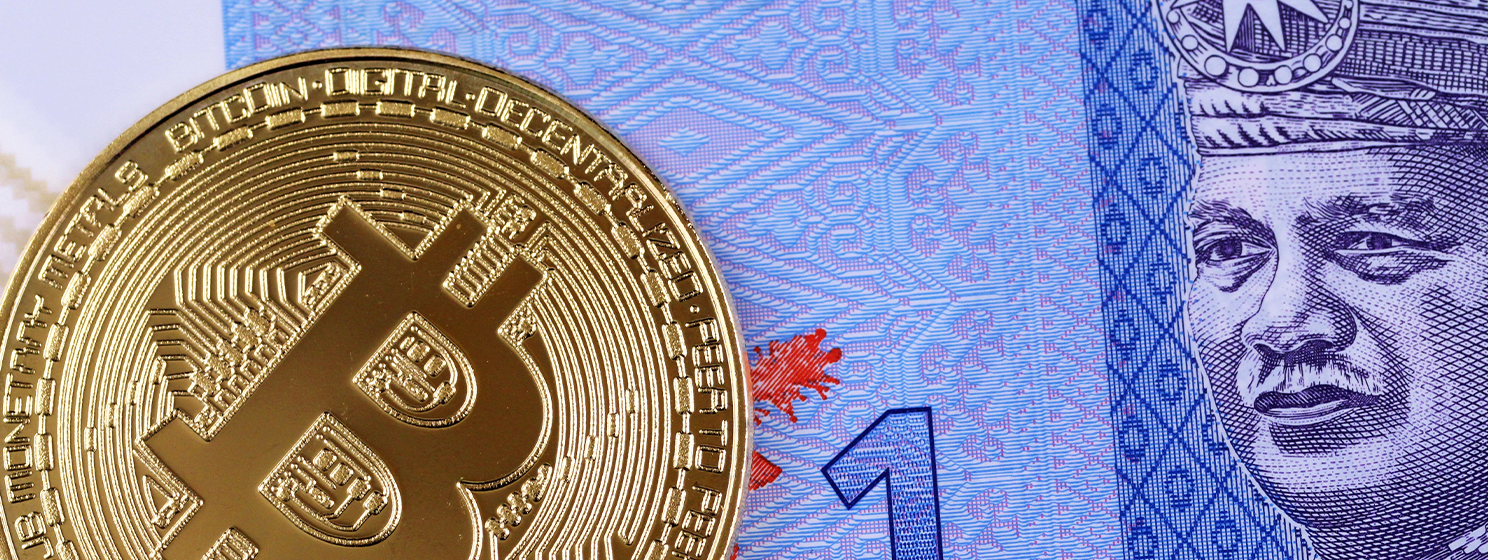|
Getting your Trinity Audio player ready...
|
Kenya recently proposed new laws for the digital asset sector, seeking to tame the rapidly growing industry, which is estimated to have attracted nearly 10% of the population. The new laws pushed by the country’s Treasury Ministry could usher in a new era of safer, better-priced and regulated digital asset activities, one local expert tells CoinGeek.
A new era for Kenya’s digital asset sector
The Treasury Cabinet Secretary, John Mbadi, recently unveiled the new Draft National Policy on Virtual Assets and Virtual Asset Service Providers, calling for public feedback as the country seeks to be the first in the region with a comprehensive digital currency framework.
The bill leans more towards policing VASPs, establishing a mandatory licensing regime for exchanges and wallets. According to local digital asset expert Rufas Kamau, this is a critical first step in taking digital assets mainstream.
“I believe the proposed framework will cement exchanges and wallets as legal institutions operating from a fully regulated environment, which will allow Kenyan investors and institutions direct market access rather than relying on P2P markets, which are often pricier and difficult to account for when filing taxes,” Kamau told CoinGeek.
However, he believes that the draft law should have delved further into creating a separation between various digital assets. Those that are sufficiently decentralized should be classified as digital commodities while the rest should be branded digital securities, says Kamau, who serves as the regional market analyst for FXPesa, a Nairobi-based global online broker.
This challenge isn’t unique to Kenya. In the U.S., regulators have struggled to define which digital assets are securities, with BTC the only token the SEC has exempted. This classification sparked one of the most high-profile lawsuits in which the regulator took on Ripple, alleging its XRP digital asset was a security.
The Kenyan market is much smaller than the U.S., and defining specific tokens is unlikely to be addressed in the first phase of the regulatory process.
The digital currency taxation dilemma
Digital asset taxation is yet another field in which regulators globally have struggled. Advanced economies, like the U.S. and the U.K., still rely on legacy financial guidelines and case-specific directives; others, like India, are pushing ultra-high taxes that traders argue will wipe out the nascent sector; while others, like South Korea, postponed the tax decision for another two years (for a total of seven years now).
In Kenya, the government’s attempts at digital asset taxation have been problematic in recent years. One such effort was the introduction of the Digital Asset Tax (DAT) to the Income Tax Act in 2023. The DAT would be charged at 3% of the derived income from the exchange or transfer value of a digital asset.
This proposal fails to recognize the nuances of digital assets, such as the significant difference between those who trade digital assets, those who use them for payments (which, according to the International Monetary Fund), has been rising in cross-border transactions by Kenyan firms), and those who buy them as long-term investments. This lumping of all activities under one blanket tax denies Kenyans benefits such as tax deductions and offsetting losses against future taxable income.
Kamau believes the best approach would be for digital currency taxes to mirror the existing mainstream taxation framework.
“Corporates pay normal income tax rates, employees pay normal PAYE rates, and exchanges pay normal fees similar to what forex brokers pay,” he told CoinGeek.
A balanced approach
Like many other digital asset advocates, Kamau believes the best way forward is for the government to adopt a balanced approach.
“The crypto industry is still young in Kenya, but the tech is developing fast…the industry is scaling and bringing more opportunities to Kenyans in the form of jobs, education, investment and savings avenues. An aggressive policy around AML, taxation, and control might stifle the great work that is happening today,” he believes.
However, while the proposed bill might be the closest Kenya has come to a comprehensive framework, questions remain over the government’s commitment to pushing it into law.
Just days after the proposals were unveiled, the Treasury demanded Kshs. 1.8 billion ($14 million) to “formulate and publicize regulations for the use of cryptocurrencies and digital tokens.”
“This is way too expensive. They are raiding public coffers in the name of crafting crypto laws,” Kamau said in his criticism of the budget demand.
“There are paid legislators in parliament, there’s a Blockchain Association of Kenya, there are stakeholders, and the whole process can be done online…In addition, the proposed regulations are only focusing on raising more taxes from the crypto industry, not supporting it to grow and thrive.”
Watch: AlphaDAPP: Revolutionizing blockchain adoption in Africa

 02-20-2026
02-20-2026 




